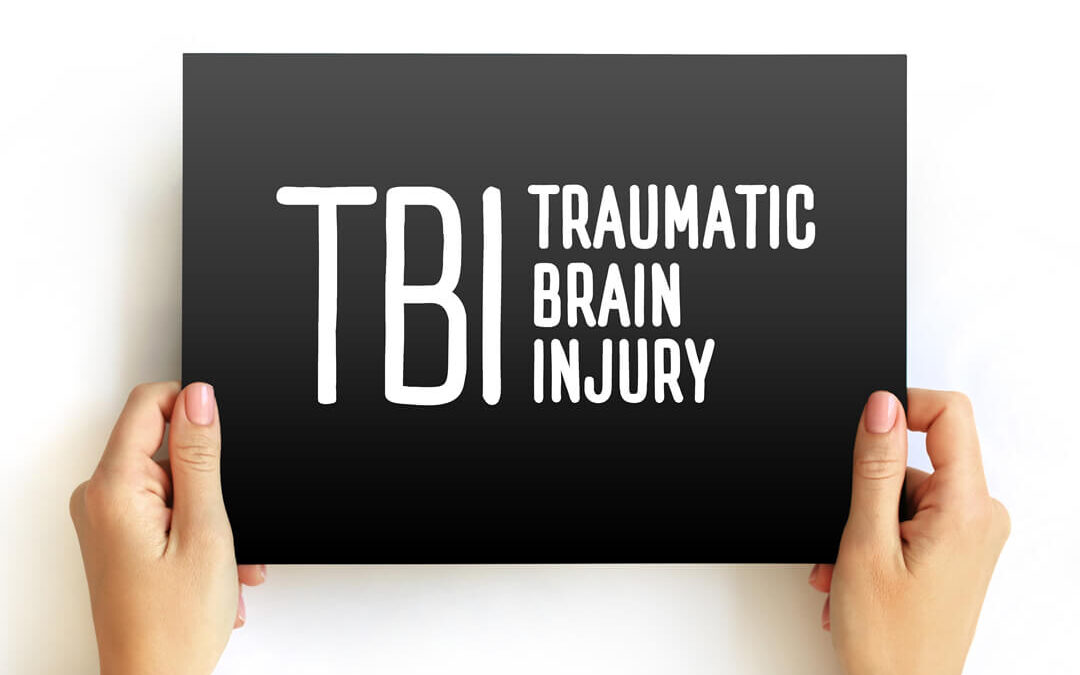Nearly 1.7 million Americans experience a traumatic brain injury each year, according to the American Brain Foundation. Many TBI victims find it difficult to return to work and need financial help.
If you have had a TBI, and it interferes with your ability to work, you could be eligible to receive Social Security benefits.
What is a TBI?
A traumatic brain injury (TBI) happens when the brain suffers damage during an external force that occurs as a result of being hit, falling, or being struck by a blunt object. The most common ways that someone develops a TBI are from car accidents or sports injuries. However, anyone can have a TBI if they experience trauma to their head that is severe enough to damage brain tissue.
Depending on where and how severe the damage is, a TBI can have devastating effects. Some people with TBIs can resume their lives after time to recover, while others never fully return. The long-term impairments and disabilities associated with TBI are severe. These disabilities, which can include cognitive, emotional, sensory, and motor impairments, often have a profound effect on social and family relationships and can permanently change a person’s vocational capabilities.
Social Security Benefits and TBI
The Social Security Administration (SSA) has a 5-step process they use to determine a claimant’s eligibility for benefits. Once the claim is filed, the TBI victim must go through the following process:
- Determine if the claimant is working at or above the Substantial Gainful Activity (SGA) level as defined by the SSA in the year they file. The SGA level for 2022 is a monthly income of $1,350.
- Determine if the claimant’s complications from a TBI significantly limit their ability to perform basic work activities, such as:
- sitting
- standing
- reaching
- pulling or pushing
- lifting or carrying
- simple cognitive reasoning
- Determine if complications from the claimant’s TBI meet the criteria outlined in the SSA’s impairments list. They evaluate TBIs under section 11.18 of the impairments list. The listing requires medical evidence proving at least one of the following sets of symptoms:
- Disorganization of motor function in two extremities, resulting in an extreme limitation in the ability to stand up from a seated position, balance while standing or walking, or use the upper extremities, persisting for at least 3 consecutive months after the injury.
OR
- Marked limitation in physical functioning and one of the following areas of mental functioning, persisting for at least 3 consecutive months after the injury:
- Understanding, remembering, or applying information
- interacting with others
- Concentrating, persisting or maintaining pace
- Adapting or managing oneself
- Determine if the claimant can do any work they may have done in the past despite difficulties involving their TBI.
- Determine if the claimant can do any other type of work based upon their
- age
- education
- prior work experience
- mental and physical capabilities
Getting Help with Your Claim
Have you had a TBI that affects your ability to work? You may be eligible to receive Social Security Disability benefits.
But the approval process is complicated. The SSA requires medical records detailing complications from the TBI and evidence of how it affects your daily life. Contact one of Brock & Stout’s experienced Social Security attorneys for help to guide you through the process. Our attorneys have over 25 years of experience helping clients get the benefits they need when their injury or illness keeps them from working.

